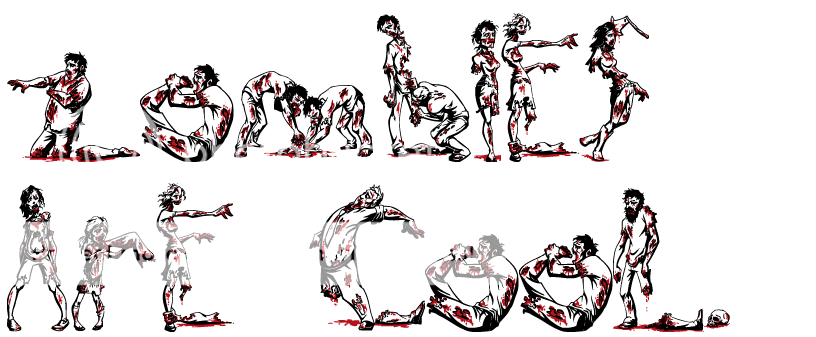|
Schrodinger's Cat: A famous thought experiment first brought up between Einstein and Erwin Schrodinger in the early 191?'s, in where Einstein suggested that an unstable keg of gunpowder, after a while, would be in a superposition of being both detonated and NOT. The experiment consists of a cat (all theoretical, of course) and putting it in a steel box, wherein there's a geiger counter, a hammer, some small amount of radioactive substance, and a flask of either poison or hydrocyanic acid are also put, all out of said cat's reach. When the box is closed, considering there is no surveillance of the inside of the box through either sound or video, after about 10 or even 5 minutes the cat ITSELF will be in a superposition of being both alive and dead inside the box. Basically, as soon as the lid is placed over the box and the hammer, geiger counter, radiation, and poison are in place, the cat is already both of the possibilities, having separated from each other, one end of it, the living end in some other part of the universe of which it's impossible to know where, and the dead half stayed here. OR, if the cat is still alive once the box is opened, then the dead end of said cat is in the same part of the universe as mentioned above, the same thing happening as here, only their cat is dead. The big question, however, isn't "Where does the other half of the cat go, regardless of if it's alive or not?" no, the REAL question would be "At what point does the cat stop being in a superposition?" We cannot possibly hope to prove this without putting some sort of surveillance in the box with the cat, thereby utterly destroying any superposition the cat may have been able to have had the surveillance not been there. Does it end when the cat dies? But what if the cat doesn't die? Then would it end when we open the box? But we would be interfering with it, unconsciously and with good will, no doubt, but nonetheless, it's interfering and could possibly screw up the entire experiment, meaning that if we let the cat out before it dies, it never got the chance to have that superposition, but if the cat dies and we don't know, then it will stay there for all of eternity, being in both states to the universe around it, provided the researchers thought ahead enough to provide it with its own (supposedly) never-ending food supply, and latrine (toxins from urine and feces.) This entire experiment, could also be an entire paradox in and of itself, just like the following: "Is the answer to the question no?" Think about this one, if you answer yes, even if you're agreeing, you still answered with a yes instead of a no, and if you say no, then it would mean the correct answer was yes. Maybe that's like this entire thought experiment. I don't know, I just felt like sharing what I felt. Feel free to comment below on what you think or whatever.
|

